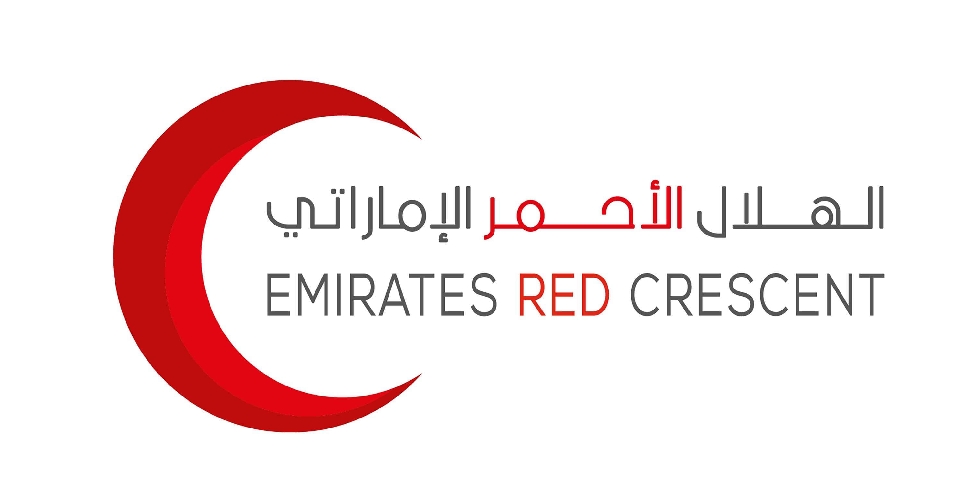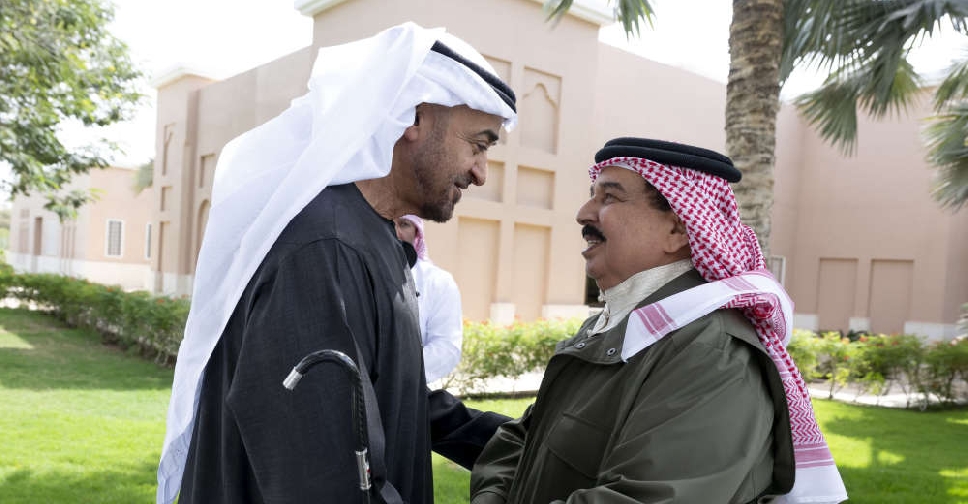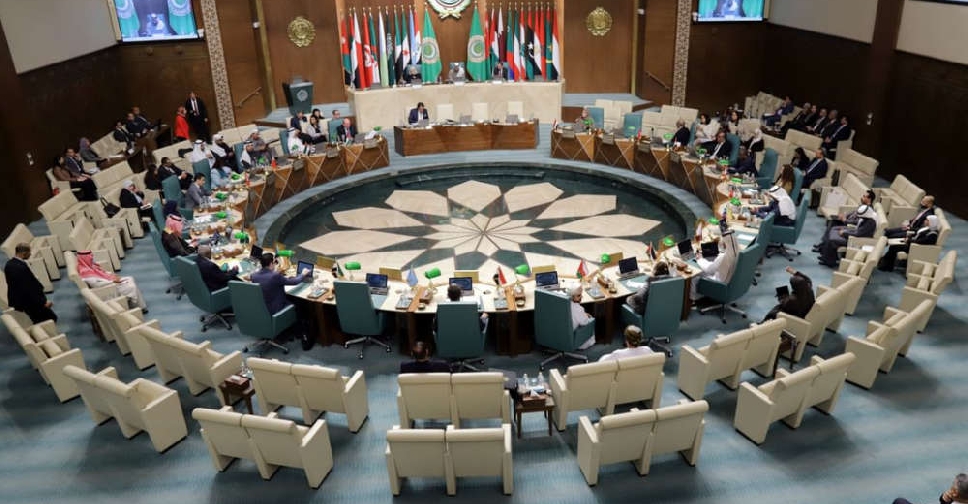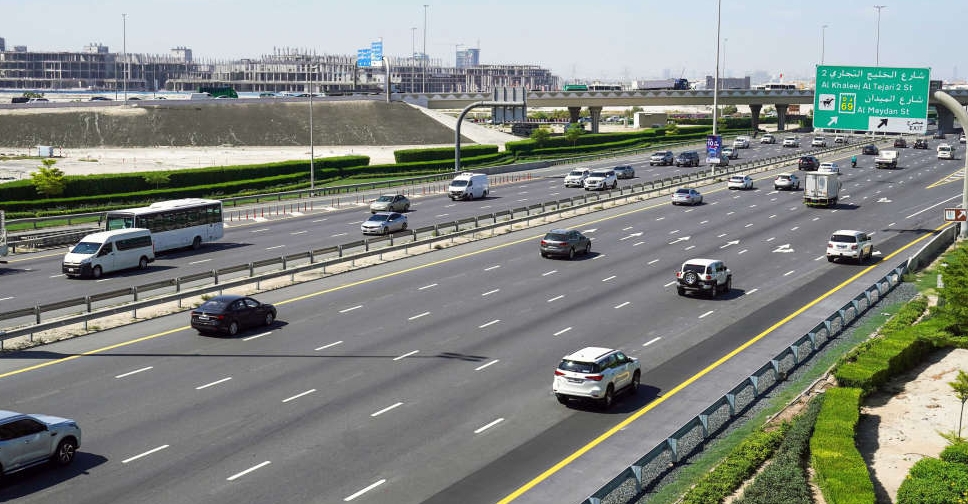
Prime Minister Narendra Modi doubled down on India’s commitment to macroeconomic stability, saying it has never devalued its currency to achieve growth and won’t resort to cash handouts as a way to boost farmer income. With International Monetary Fund Managing Director Christine Lagarde on stage next to him, Modi said that India has "never tried to gain in trade at the expense of our partners." He vowed to be a "good Asian and good global economic citizen" while hailing efforts to lower inflation, narrow the budget deficit and boost foreign reserves. "Amid global problems, I am happy to say that India is a haven of macroeconomic stability and beacon of hope, dynamism and opportunity," Modi said on Saturday at a conference in New Delhi. "We do not follow beggar-thy-neighbor macroeconomic policies." Modi’s remarks follow a commitment last month from Group of 20 finance chiefs to boost growth and avoid competitive devaluations. Steep losses on global stock markets and volatility in currencies at the start of the year had fueled calls for the world’s biggest economies to do more to stoke demand and bolster stability. Investment, Not Handouts Modi also reassured investors that his government remained committed to keeping price growth under control after pledging to double farmer incomes in a budget presentation last month. The focus on rural areas that are home to 70 percent of India’s population comes as Modi faces several key state elections that could affect his economic agenda. "Our help to the farmers is not based on giving handouts," Modi said. He plans to boost incomes through measures like investing in irrigation, boosting productivity, improving marketing of food and creating rural assets, he said. “Our recent budget provides a roadmap for our future plans and ambitions," Modi said. "Our underlying philosophy is clear -- to create the climate for wealth generation, and for that wealth to be spread to all Indians, especially the poor, vulnerable farmers and disadvantaged communities."
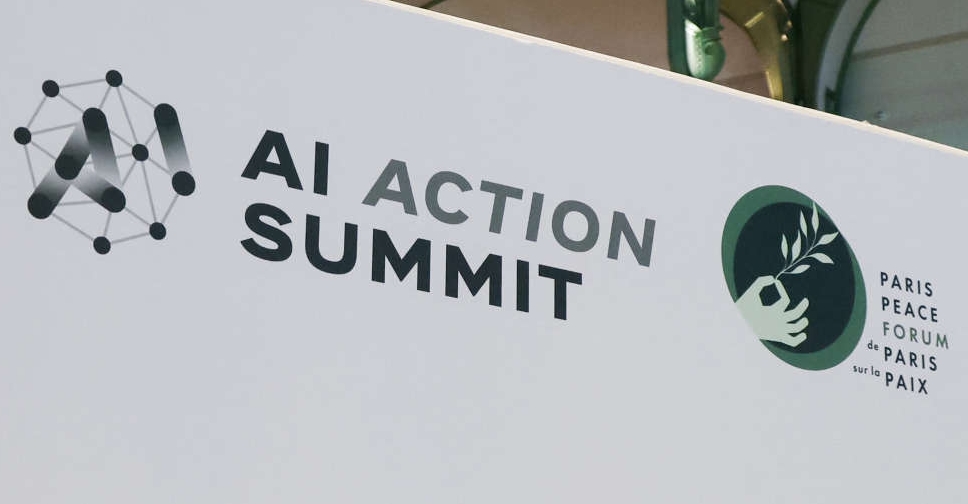 Paris AI summit draws world leaders
Paris AI summit draws world leaders
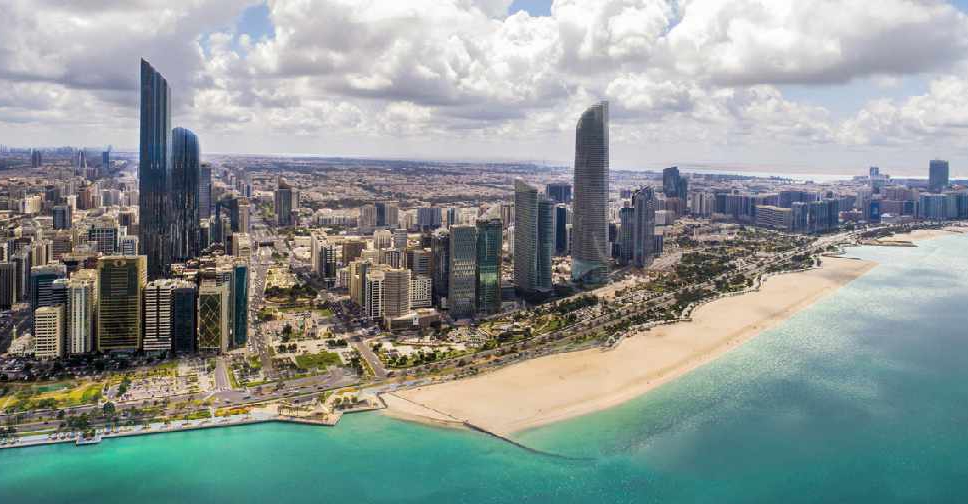 16% growth in new economic licences in Abu Dhabi during 2024
16% growth in new economic licences in Abu Dhabi during 2024
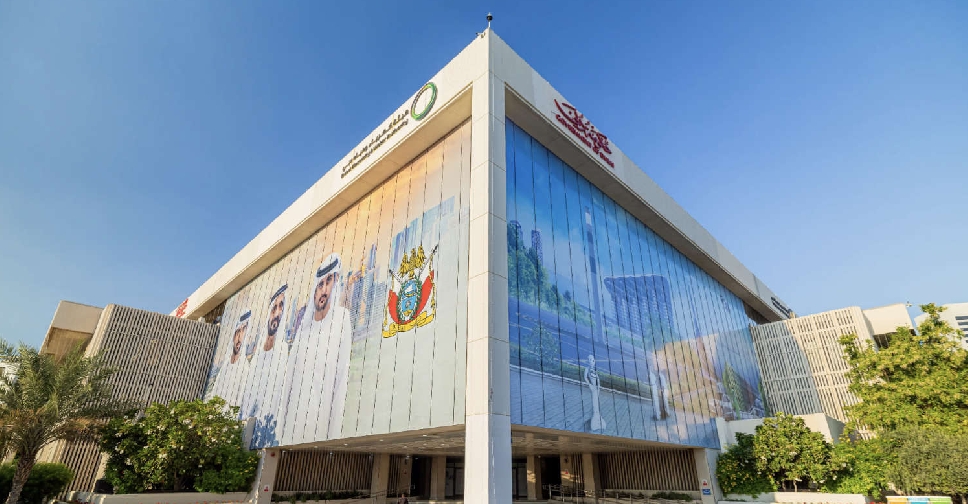 DEWA updates billing on water consumption
DEWA updates billing on water consumption
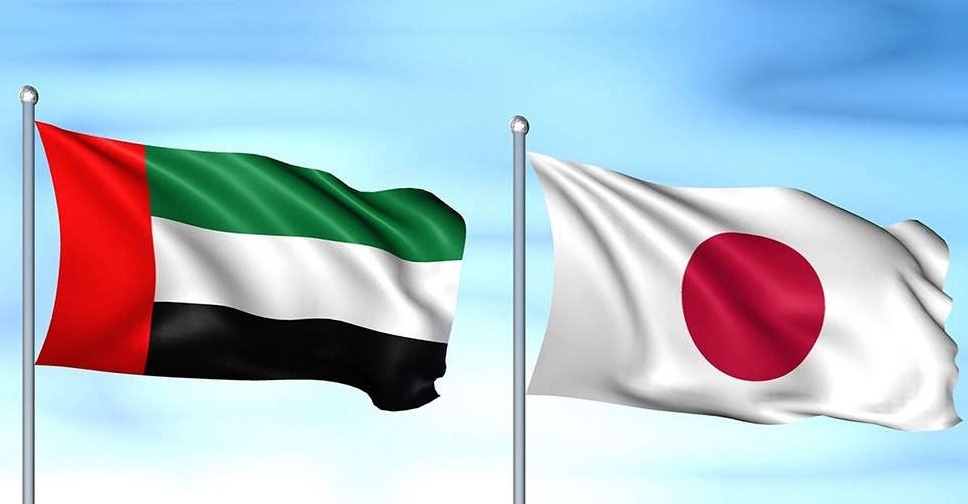 UAE, Japan to complete CEPA by end of year
UAE, Japan to complete CEPA by end of year
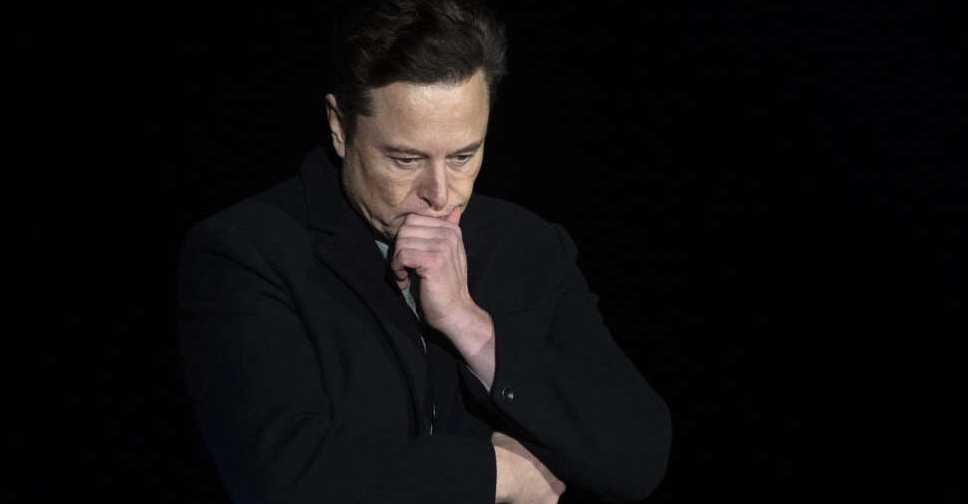 US judge blocks Musk's DOGE from accessing payment systems
US judge blocks Musk's DOGE from accessing payment systems
